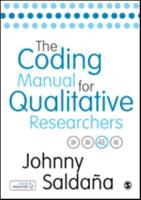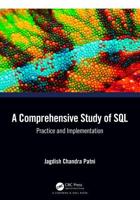Publisher's Synopsis
Stochastic local search (SLS) algorithms are established tools for the solution of computationally hard problems arising in computer science, business adm- istration, engineering, biology, and various other disciplines. To a large extent, their success is due to their conceptual simplicity, broad applicability and high performance for many important problems studied in academia and enco- tered in real-world applications. SLS methods include a wide spectrum of te- niques, ranging from constructive search procedures and iterative improvement algorithms to more complex SLS methods, such as ant colony optimization, evolutionary computation, iterated local search, memetic algorithms, simulated annealing, tabu search, and variable neighborhood search. Historically, the development of e?ective SLS algorithms has been guided to a large extent by experience and intuition. In recent years, it has become - creasingly evident that success with SLS algorithms depends not merely on the adoption and e?cient implementation of the most appropriate SLS technique for a given problem, but also on the mastery of a more complex algorithm - gineering process. Challenges in SLS algorithm development arise partly from the complexity of the problems being tackled and in part from the many - grees of freedom researchers and practitioners encounter when developing SLS algorithms. Crucial aspects in the SLS algorithm development comprise al- rithm design, empirical analysis techniques, problem-speci?c background, and background knowledge in several key disciplines and areas, including computer science, operations research, arti?cial intelligence, and statistics.












